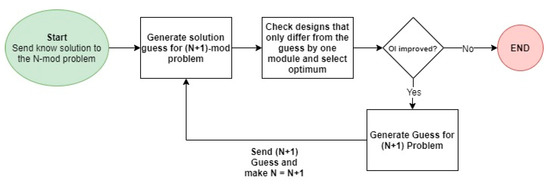
Get the underlying data "right" and you have some chance of achieving integration (one view), interoperability, sharability, flexibility, evolvability to satisfy new and changing information system requirements.

I have long felt and advocated that data resources must be the central focus of IS/IT and the development of information systems in organizations.
#Jason jones generic mod enabler software#
But in the long run, it is much easier to maintain, is more stable, and saves more money than taking an application-centric or what we can call a code-centric approach to software development. The only disadvantage of this approach is that it is much harder to do and it takes much longer up front. And a side benefit is that it works directly against software entropy. To illustrate, it's like wool that keeps shrinking every time it's washed.
#Jason jones generic mod enabler code#
Therefore, the code refactoring comes from the architectural level of the information itself whi h is why it occurs automatically. So whatever code is initially written although appearing customized, is actually modular from the beginning because it is tapping into those abstract information layers that it is focused on. But with a data-centric approach, an amazing thing happens in that code refactoring becomes automatic. So almost all application bugs occur because of things getting lost in translation in this information flow. Thus, modeling of these relationships at those levels is vital. It all boils down to the ability of recognizing the data relationships (at the conceptual and logical levels) that are inherent in the information flow. In that sense then, physical structure is not needed. But the context meant here is what provides the structure at the conceptual and logical level. Where the data sits is simply the data container. If the data is to be centralized, the context needs to be known which can be self-described by the data itself, true.

Data, data everywhere and not a drop of meaningful information to process teaches us that data without context is meaningless. Also, Big Data has forced the issue of putting the focus back on what's really important. Even in the field of pure mathematics research, it is being revisited. Closely associated with the data-centric concept is the importance of set theory.

It is not by accident that COBOL programs are still running although being decades old. COBOL is one of the most data-centric computer languages out there. These concepts were well understood years ago when I.T. All this makes sense because code is simply the translation device of the logic or at least should be. In turn, genericizing the concept even further, we can call it being logic-centric. In a more abstract sense, we can call it being information-centric. I have found it proven time and time again that a data-centric approach to software development becomes particularly essential when it comes to automation.


 0 kommentar(er)
0 kommentar(er)
